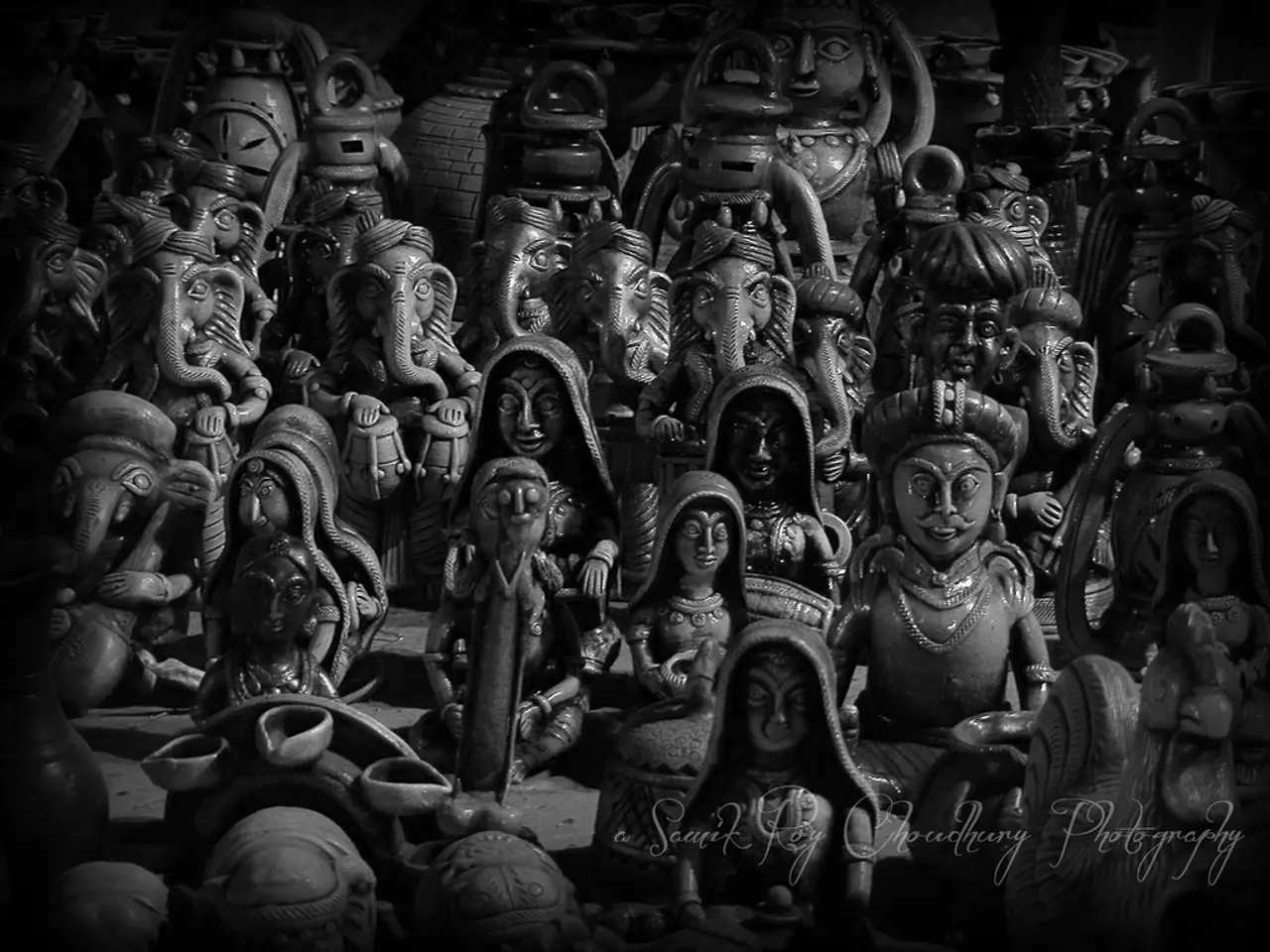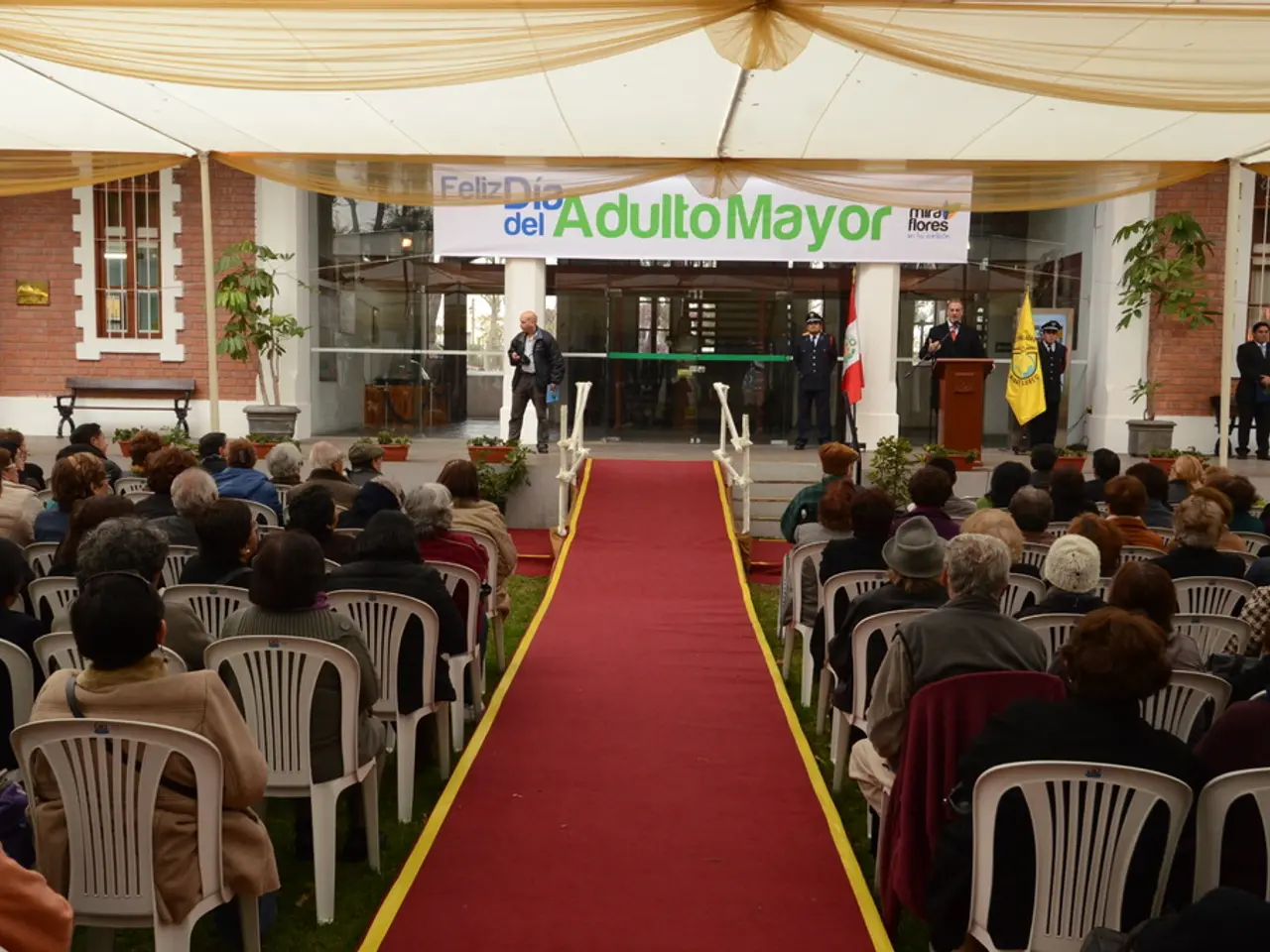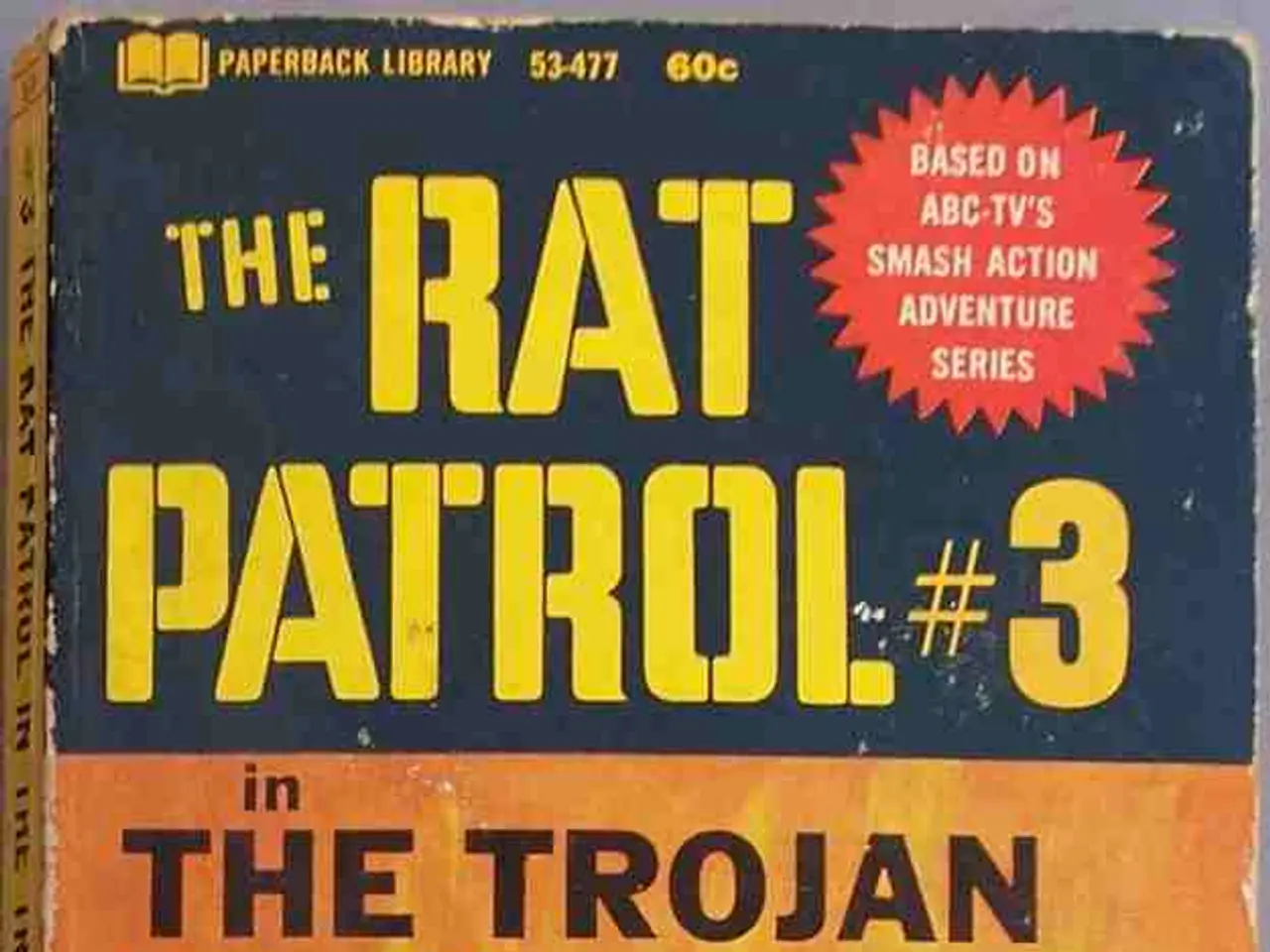The Demise of Shibu Soren in Jharkhand Politics Generates a Vacuum; Can Hemant Succeed in Filling It?
In the wake of Shibu Soren's passing in August 2025, the Jharkhand Mukti Morcha (JMM) finds itself at a critical juncture, with intense debate about its future direction and the broader political sentiments in Jharkhand.
The late Soren, once referred to as the "Lenin of Jharkhand" by Comrade A.K. Roy, was more than just a politician. Experts believe he was a people's leader, embodying the spirit of Adivasi consciousness and standing firmly with farmers and laborers. His roots were deeply embedded in the struggles of these communities, leading movements like the "Dhan Katni" against bonded labor and a campaign against "Dhanakads."
Soren's legacy as a founder and tribal icon remains influential, especially among tribal communities, who called him the ‘Dishom Guru’ reflecting his stature across tribal regions. However, his political legacy is seen as mixed, with both reverence for his mobilization efforts and criticism over political instability and corruption allegations over the years.
With Soren's passing, his son, Hemant Soren, has effectively taken over political leadership. Hemant, who is known for his emotional responses, tweeted emotionally after his father's cremation. As the new leader of JMM, he has led the party to back-to-back electoral victories in 2019 and 2024, with a more inclusive and alliance-friendly approach.
Unlike his father's often confrontational style, Hemant focuses on coalitions, welfare policies like cash transfers to women, and leveraging legislative tools to protect tribal interests, exemplified by opposition to changes in the Chotanagpur Tenancy Act. Hemant has significantly expanded the reach of JMM, taking it from 18 seats to 34 seats in 2024. JMM has consolidated its position in Jharkhand to the point where no government can be formed without it.
Hemant's leadership has not been without controversy. He has accused the BJP of being anti-tribal in his fiery speeches. After Shibu Soren's death, there is debate about the future direction of JMM. Some believe Hemant faces major challenges in addressing his father's core concerns, such as displacement, land rights, and preserving Adivasi identity while pushing forward a model of development.
The JMM's future under Hemant Soren is likely to emphasize inclusive regional governance, coalition politics, and tribal welfare protection while navigating the legacy of Shibu Soren’s foundational yet contentious leadership. The political mood in Jharkhand remains deeply influenced by tribal identity politics but with growing pragmatism and alliance-building at the forefront after Shibu Soren’s passing.
Beyond JMM, Jharkhand’s politics reflect a contest involving BJP, Congress, and left-wing parties, with JMM playing the leading tribal-centric role. The party’s alliance moves, including demands for stronger seat shares in neighboring states (like Bihar), indicate it seeks to consolidate regional influence.
In conclusion, the Jharkhand Mukti Morcha under Hemant Soren's leadership is poised to continue its fight for tribal rights and welfare, while also engaging in coalition politics to broaden its appeal. The legacy of Shibu Soren's revolutionary zeal and Adivasi consciousness will continue to guide the party, as it navigates the complexities of Jharkhand politics in the post-Shibu Soren era.
- In the post-Shibu Soren era, the Jharkhand Mukti Morcha (JMM) under Hemant Soren's leadership is expected to emphasize discussions about tribal health issues, given Soren's dedication to Adivasi tribes and their welfare.
- The general news in Jharkhand continues to be dominated by politics, with health issues emerging as a significant point of debate within the broader context of tribal welfare and regional governance.






